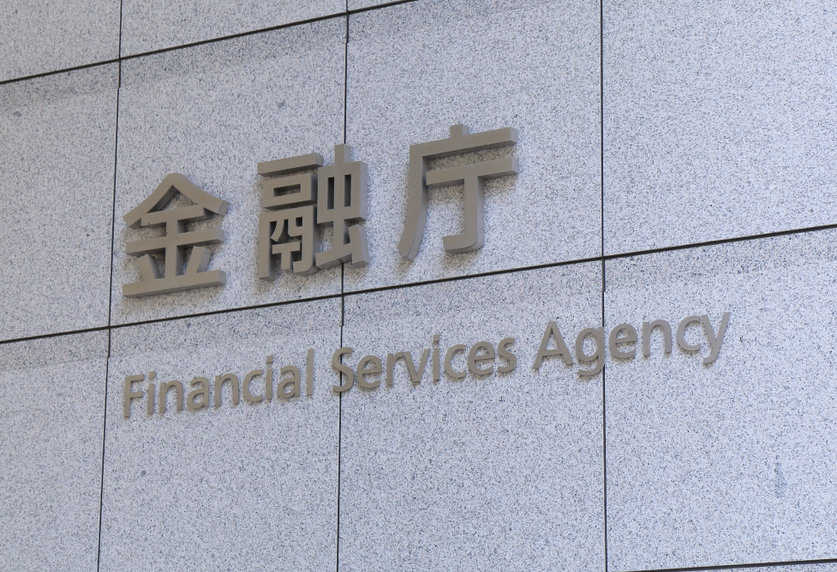
On Monday Japan’s Financial Services Agency (FSA) together with the Ministry of Finance ordered Crypto exchanges to stop processing transactions involving sanctioned assets, individuals, or entities in sanctions leveled against Russian and Belarus after Russia invaded Ukraine.
This order came to effect after Group of Seven (G7) nations (Canada, France, Germany, Italy, Japan, the United Kingdom, and the United States) noted that Russians had started utilizing digital assets. They stated that they will be very strict with the illegal Russian actors who are trying to use their digital assets to transfer and enhance their wealth.
The use of Cryptocurrencies by Russia to be around sanctions because it invaded Ukraine has become a rising issue among the G7 major countries, Germany, Canada, United Kingdom, Japan, France, United States, and Italy.
On Friday, the US Treasury Department asked all the crypto businesses in the United States to adhere to the new guidelines that prohibited them from doing transactions with sanctioned entities and individuals.
Law violators
To make the new rules effective and strictly adhered to, the FSA and the Ministry of Finance made a joint announcement where they revealed the new steps that will be followed to prevent funds transfer using crypto assets that violate penalties.
Japan has been slow in adopting rules and regulations to be used on private digital currencies, however, G7 and G20 countries stood in the gap and urged for more regulations of Stablecoins.
Japan’s FSA said that any unauthorized transfer to sanctions-related targets via crypto assets will be termed as a criminal offense and will lead to 3-year imprisonment or a cash bail of 1 million yen ($8,487.52). As of 4th March, 31 crypto exchanges were operating in Japan.
However, in all these discussions, the European Union (EU) has been acting as a guest with representation by the European Commission and the European Council.

